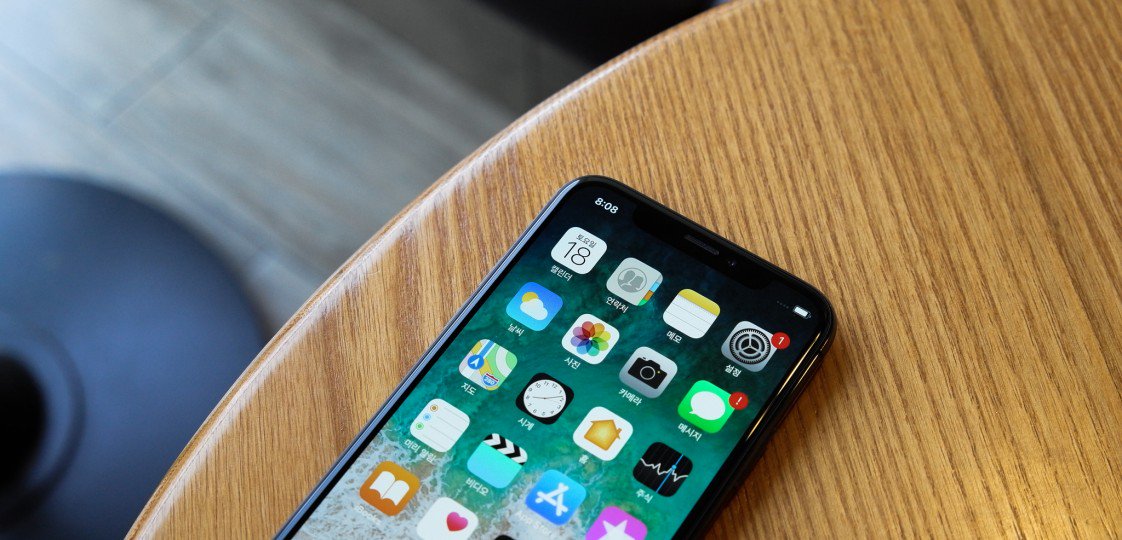 2732
2732
 2018-06-20
2018-06-20

Justices must decide whether or not to let a lawsuit challenging it go ahead.
The prosecution: Since 2011, a band of plaintiffs have been arguing that Apple’s vise-like grip on iOS apps violates US antitrust laws and causes consumers to pay more than they should for them. Apple’s store is the only official source of apps for iPhones and iPads, and the company pockets 30 percent of developers’ revenues. Reuters reports that after being debated in various courts, Apple v Pepper is now before the Supreme Court, which could block the case or let it proceed.
The defense: Apple claims it sells software distribution services to developers in the same way that, say, a mall owner sells leases to retailers. The owner doesn’t control the prices its tenants charge, so it can’t be held responsible for these. Lower courts have found this argument unconvincing, noting that developers don’t have their own stores within Apple’s, and that it tries to stop them from distributing iOS apps in other ways.
Why this matters: If the Supreme Court lets the case go ahead and Apple eventually loses, other companies that run app marketplaces, like Amazon and Google, could face lawsuits too. This would add to their headaches at a time when they’re already facing intense scrutiny from trustbusters because of their massive market power.
Source: technology review